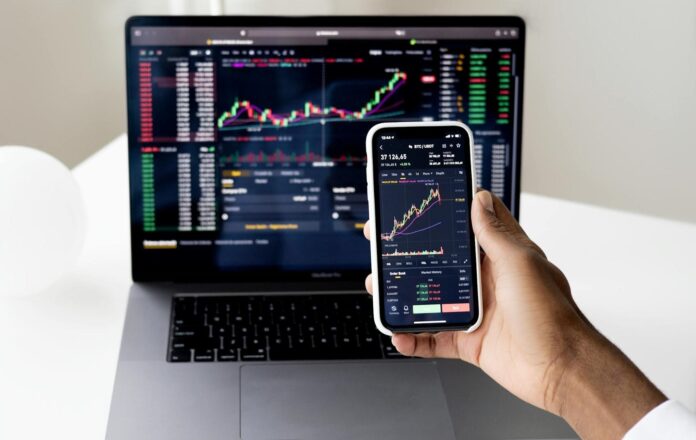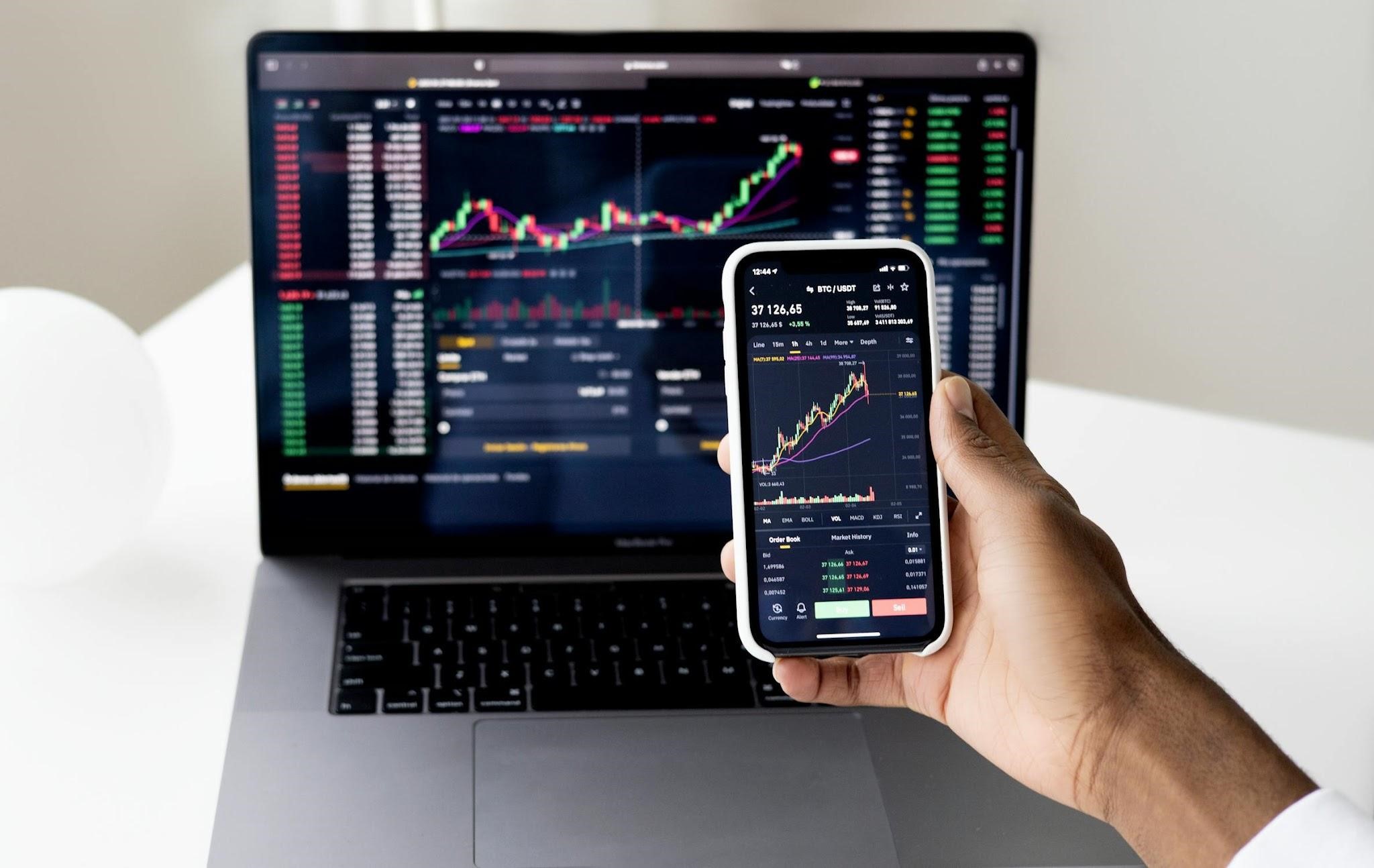
Engaging in Forex trading looks like a perfect side hustle – low barriers, global markets, and the promise of quick profits. But many entrepreneurs don’t realize that forex isn’t a business you “scale” – it’s a zero-sum game where smart traders take money from the unprepared.
Before making your first trade, consider the right strategy and the risks that could ruin you.
Is Forex a Good Fit for Your Entrepreneurial Mindset?
Forex rewards patience, discipline, and consistency – not aggressive growth. Unlike a startup, where more effort usually leads to better results, trading success depends on risk control and knowing when to stay out of the market.
If you dislike losing money, find it hard to stick to strict rules, or get emotional about setbacks, engaging in Forex might not be the right fit for you. You can succeed if you think about probabilities, accept that losses are just part of the game, and maintain your discipline when things get tough.
Understanding Market Behavior Before You Trade
Forex doesn’t work like stocks or crypto. Global economic policies, interest rates, and geopolitical events influence the movement of currencies, often surprising new traders.
Take EUR/USD trading, which is the most traded pair globally. The U.S. Federal Reserve (Fed) and the European Central Bank (ECB) heavily influence its price movements. If you don’t track these economic shifts, you’re trading blind.
Technical analysis – like reading charts and trends – helps, but it’s useless if you ignore the real reasons why currency prices move. Before you trade, ask yourself: Do I understand what’s driving the market today? If not, you shouldn’t be trading yet.
The Role of Risk Management
Engaging in Forex isn’t about making money – it’s about keeping it. New traders lose because they risk too much per trade or use excessive leverage.
Professionals typically risk only 1-2% of their account per trade, while beginners often overinvest, resulting in rapid losses. Leverage is another silent killer. A small 1% price move against you with 50:1 leverage can wipe out half of your account.
The best traders focus on position sizing, stop-loss orders, and emotional control. You won’t last long in this game if you don’t have a solid risk management plan.
Choosing the Right Broker: Avoiding Scams and Hidden Fees
A bad broker can make forex even harder. Since there’s no central exchange, brokers act as middlemen – and not all play fair.
Stick with regulated brokers under authorities like the NFA (U.S.), FCA (UK), or ASIC (Australia). Unregulated brokers can manipulate prices, delay withdrawals, or disappear with your funds.
If a broker offers ridiculous leverage, huge bonuses, or “guaranteed” profits, it’s probably a scam.
Trading the Right Currency Pairs
Not all currency pairs move the same way. Some are easy to buy and sell and stay stable, while others fluctuate.
EUR/USD is the most commonly traded currency pair, accounting for 24% of all global forex trades. It has low spreads, high liquidity, and strong price movements, making it a better option for beginners than more unpredictable foreign pairs.
However, trading EUR/USD means keeping an eye on U.S. and European economic data, primarily interest rate decisions and inflation reports. The more you understand these macroeconomic factors, the better your chances of success.
The Psychological Game: Controlling Emotions in Trading
Most traders lose not because of bad strategies – but because they can’t control their emotions. Fear, greed, and impatience turn winning trades into losing ones.
One of the worst habits is revenge trading – trying to win back a loss with impulsive, oversized trades. Another mistake is closing profitable trades too early out of fear.
Successful traders stick to their plan, trust their process, and accept losses as part of the game. If you can’t control your emotions, you can’t trade profitably.
Testing and Refining Your Strategy Before Trading Live
No entrepreneur launches a business without testing the product first – yet many jump into forex without testing their strategy. That’s why demo trading exists.
Before risking real money, you should backtest your strategy on historical data and demo trade in real-time conditions. But be warned: demo trading feels different from actual trading because there’s no emotional pressure.
That’s why starting small with real money is key. Use the smallest lot size and scale up only when you consistently prove you can be profitable. Keeping a trading journal also helps – tracking your wins, losses, and mistakes makes it easier to refine your approach.

